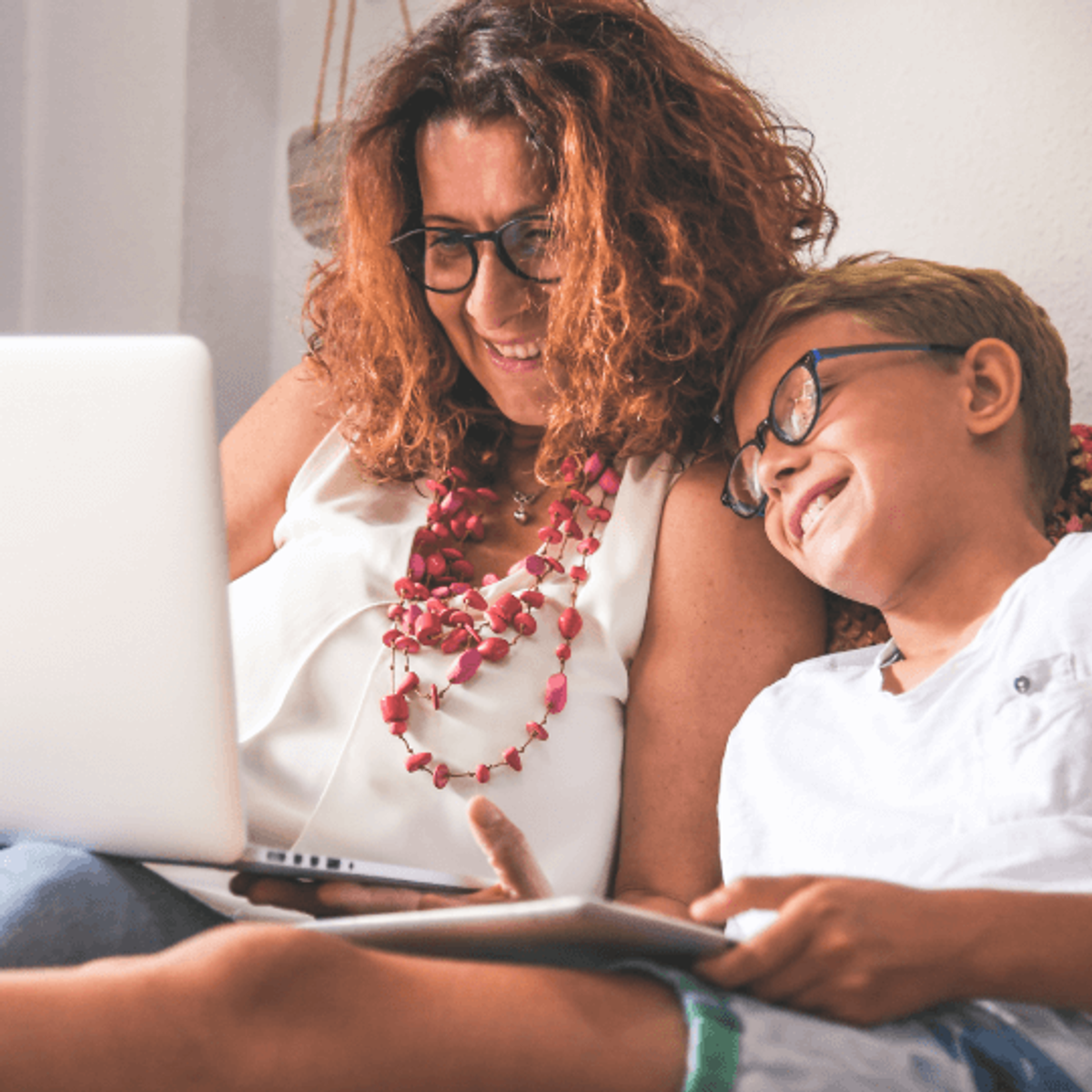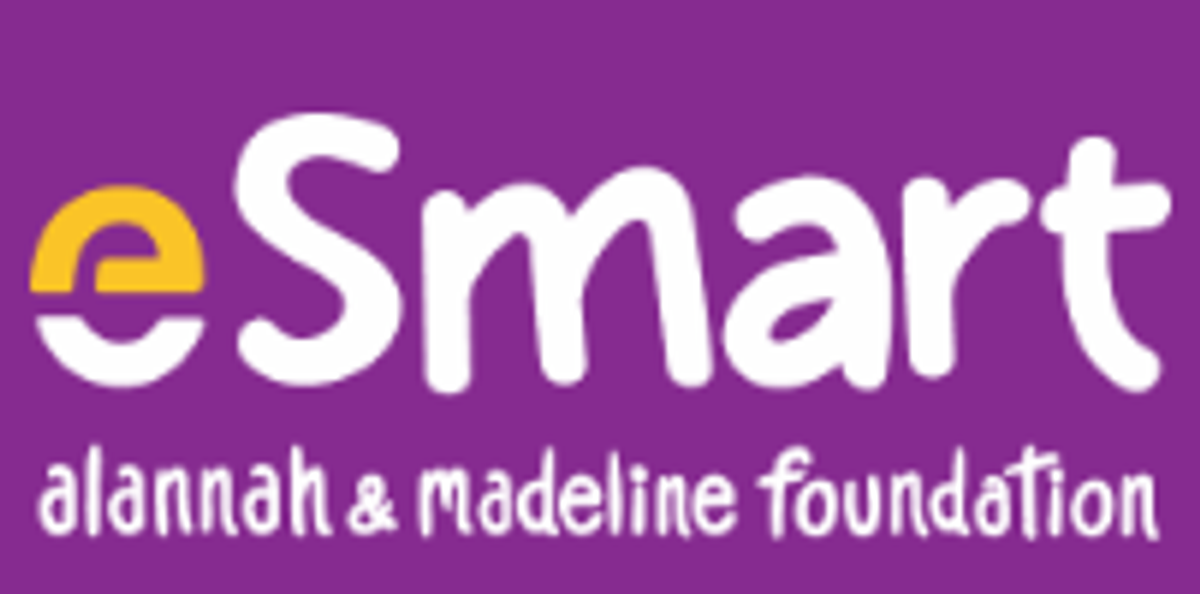ESafety
Parents as Partners to tackle Cyber Safety at home

ESafety
Parents as Partners to tackle Cyber Safety at home


You can help your child to stay in control of their personal information, online photos and social media identity.
When your child shares information like their phone number, personal email address, the name of their school, or home address online, there is a risk it could be used in ways they may not have thought about.
Personal information gathered online can be misused and result in things like spam, scams, fraud, identity theft or grooming and unwanted contact potentially leading to child sexual abuse online.
Photos of your child that are posted online or shared through social networks might end up travelling more widely than intended or they could be ‘harvested’ from social media or other websites and used for unintended purposes.
It is important that your child is aware of where and how information that identifies them is available online. They should also think about who can access it, what others may be doing with their information and the impression they are leaving for others to find.
Advise them not to share personal information unnecessarily
Explain why they should avoid putting personal information on their social media profiles. This includes their phone number, date of birth, personal email address, passwords, home address, the name or address of their school, and photos of identifying landmarks.
Help them understand that when online games, competitions, prizes and rewards require users to register and provide personal information like email address, interests, age and gender, this information is often used by marketers to promote products and services.
Make sure your child is aware of the advice about protecting personal information for kids and young people.
Even if their profile is set to private, they cannot control what their friends will do with the information that they post online or share via text or SMS. Ask how they would feel if their photo or information was shared with strangers.
Talk to your child about the consequences of posting offensive or inappropriate material of themselves or others online. Explain that it may affect their social life, academic results or job prospects. There may also be legal effects. Ask them, how they would feel if they could not get a job they really wanted because of something they posted online? For more information on how to start the chat, see the hard to have conversations.
Make sure your child is aware of the advice about consent and sharing photos for kids and young people.
Explain that they may be committing a criminal offence when taking and/or sharing sexual images of themselves or others who are under the age of 18.
As an adult, be very cautious if you have intercepted any content that may constitute child sexual abuse material. Do not interact with the information, forward or share it in any way. Immediately seek guidance from your local police.
You can find more advice on this in sharing nudes and sexting.
Remind them to select passwords carefully and not to share these with friends.
Strong passwordsExternal link are truly random and they are long. Avoid using words and numbers that could be easily associated with them (like a pet’s name or a birth date). Longer passwords are harder to crack, so help them choose a random combination of numbers, letters and punctuation, and consider using a password manager. For more information see protect your personal information, which includes tips on how to set strong passwords.
Ensure your child’s mobile devices have pin locks or passcodes, so their personal information is safer if they lose their device.
For more information visit the eSafety Commissioners Website.
-------------------------------------------------------------------------------------------------------------------------------------


Next term, we will begin using eSmart's Digital Licence+ program. This will begin in the grade 4, 5 and 6 classes and may also include the Grade 3 classes.
The Alannah & Madeline Foundation developed this innovative online learning experience to build digital intelligence in student, giving them the knowledge and skills they need to harness the opportunities and deal with the challenges of the digital world.
This program is fully funded and available at no cost to all Australian schools.
As student details need to be uploaded to create student accounts, a document has been attached explaining how this data will be used and stored.
If you have any questions, please contact Eliza McKenna (Wednesday-Friday).